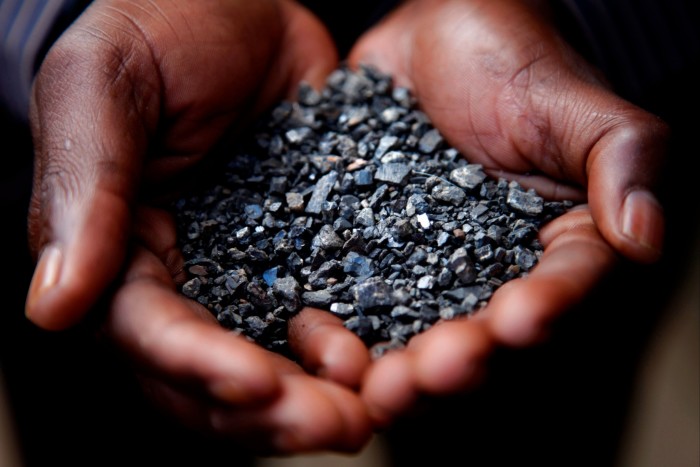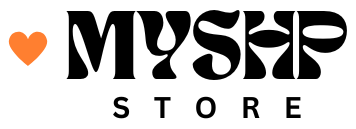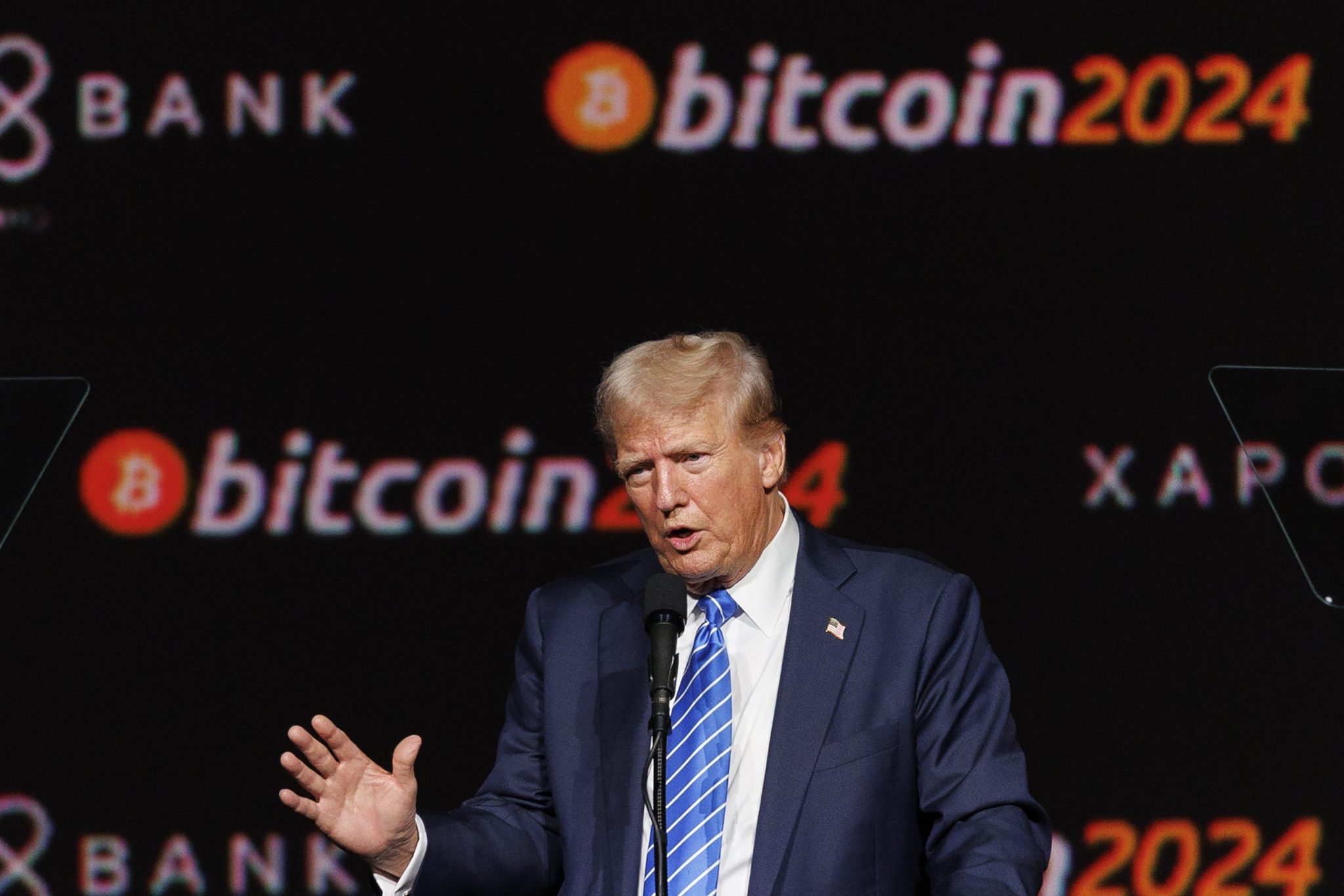Open Editor’s Digest for free
Rula Khalaf, editor of the Financial Times, picks her favorite stories in this weekly newsletter.
Belgium has launched a criminal investigation into allegations that Apple intentionally obtained “blood minerals” from the Democratic Republic of Congo, in what lawyers for the Central African country described as a “large-scale greenwashing and laundering operation.”
In December, the DRC filed criminal complaints in Belgium and France against subsidiaries of the US technology group, alleging that they used minerals supplied by armed groups committing atrocities in eastern Congo.
Lawyers representing the DRC said that prosecutors in Belgium last week appointed an investigative judge — who is overseeing the investigation and responsible for issuing arrest warrants, wiretaps and raids — to investigate the case. They are still waiting for a decision from France, where the process has been slower.
“This is the first step that shows the prosecutor is taking the case seriously,” said Christophe Marchand, a lawyer who prepared the case in Belgium, which colonized Congo in the early 20th century.
The Brussels Public Prosecutor’s Office did not respond to a request for comment. Apple declined to comment for this story. It has previously said that it “strongly rejects” the allegations, and that it is “strongly committed to the responsible sourcing of minerals” such as coltan, an important mineral used in iPhones and other electronic devices, of which more than half of global deposits are in Congo.
The criminal complaint alleges that Apple buys tantalum, an ore extracted from coltan, as well as tin, tungsten and gold — so-called 3TG minerals — from mines whose profits fuel war in the eastern Democratic Republic of the Congo and encourage child labor and environmental degradation. Millions of people have been displaced by the fighting, in which rape and killing of civilians has become common.

Many of the minerals have been proven to have come from mines in non-conflict areas or from Rwanda. But the complaint alleges that the so-called “packaging and labeling” certification process relied on by Apple and other electronics giants is deeply flawed and that metals labeled as coming from Rwanda are actually sourced from Congolese mines.
“There is not a technology company on earth that does not know that everything purchased from Rwanda is definitely 90 percent Congolese,” Robert Amsterdam, whose law firm represents the DRC, told the Financial Times.
In a a report The United Nations said this month that Rwandan-backed rebels in eastern DRC “fraudulently exported” at least 150 metric tons of coltan to Rwanda last year, leading to what it called the “largest contamination” on record of the region’s mineral supply chain.
The report stated that the M23 rebels – which the United Nations, United States, European Union and Congo say are supported by Rwanda – took control of many of the most important mines, and “established a parallel administration that controls mining, trade, transportation and taxation activities.” producing minerals.
Kigali has consistently denied supporting the M23 rebels or benefiting from what Kinshasa claims is $1 billion it loses annually in smuggled metals.
In a March 2024 filing with the Securities and Exchange Commission, Apple said: “We have found no reasonable basis to conclude that any of the 3TG smelters or refineries determined to be in our supply chain… financed or benefited directly or indirectly from groups… Armed forces in the Democratic Republic of the Congo.
But in December, Apple said it was concerned that “it is no longer possible for independent auditors or industry certification mechanisms to perform the due diligence required to meet our high standards” and told its suppliers to suspend sourcing of 3TG minerals from the Democratic Republic of the Congo or Rwanda. .
Amsterdam described the new supply decision as conclusive evidence. “It’s an admission that supply chains are fundamentally infiltrated with spurious metals,” he said.
Apple has sought to increase the use of recycled metals in its products, saying it aims to have 100 percent recycled cobalt for batteries by this year.
Separately, lawyers representing the Democratic Republic of Congo sought to draw the European Union into the fight against Apple by sending a letter to Ursula von der Leyen, president of the European Commission, describing the bloc’s agreement with Rwanda, signed last February, as a “farce.” Sustainable sources of important minerals.
“The EU signed a memorandum of understanding with Rwanda on developing its 3TG mineral programs when anyone with a secondary education knows that Rwanda does not have minerals,” Amsterdam said. “Not only Apple, but the European Union itself, is engaged in this sophistry.”
A Commission spokesman said it was “seriously committed to ensuring transparency and traceability of vital raw materials at the bilateral and multinational levels.”
They added that one of the main objectives of its agreement with Rwanda is to “strengthen the fight against illicit trade in minerals.”
https://www.ft.com/__origami/service/image/v2/images/raw/https%3A%2F%2Fd1e00ek4ebabms.cloudfront.net%2Fproduction%2F42e4440c-a0ec-4073-8374-54a771dcf00d.jpg?source=next-article&fit=scale-down&quality=highest&width=700&dpr=1
2025-01-20 14:44:00
#Apple #hit #Belgian #probe #blood #minerals #Congo


